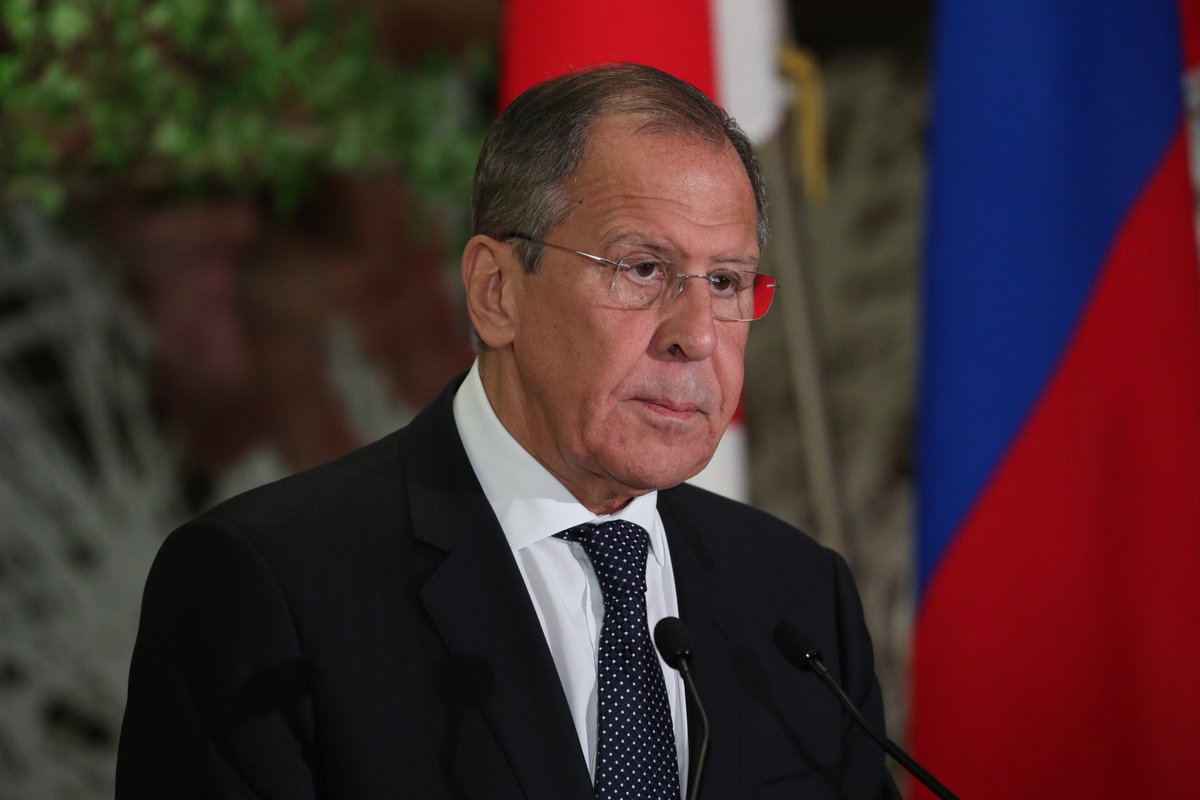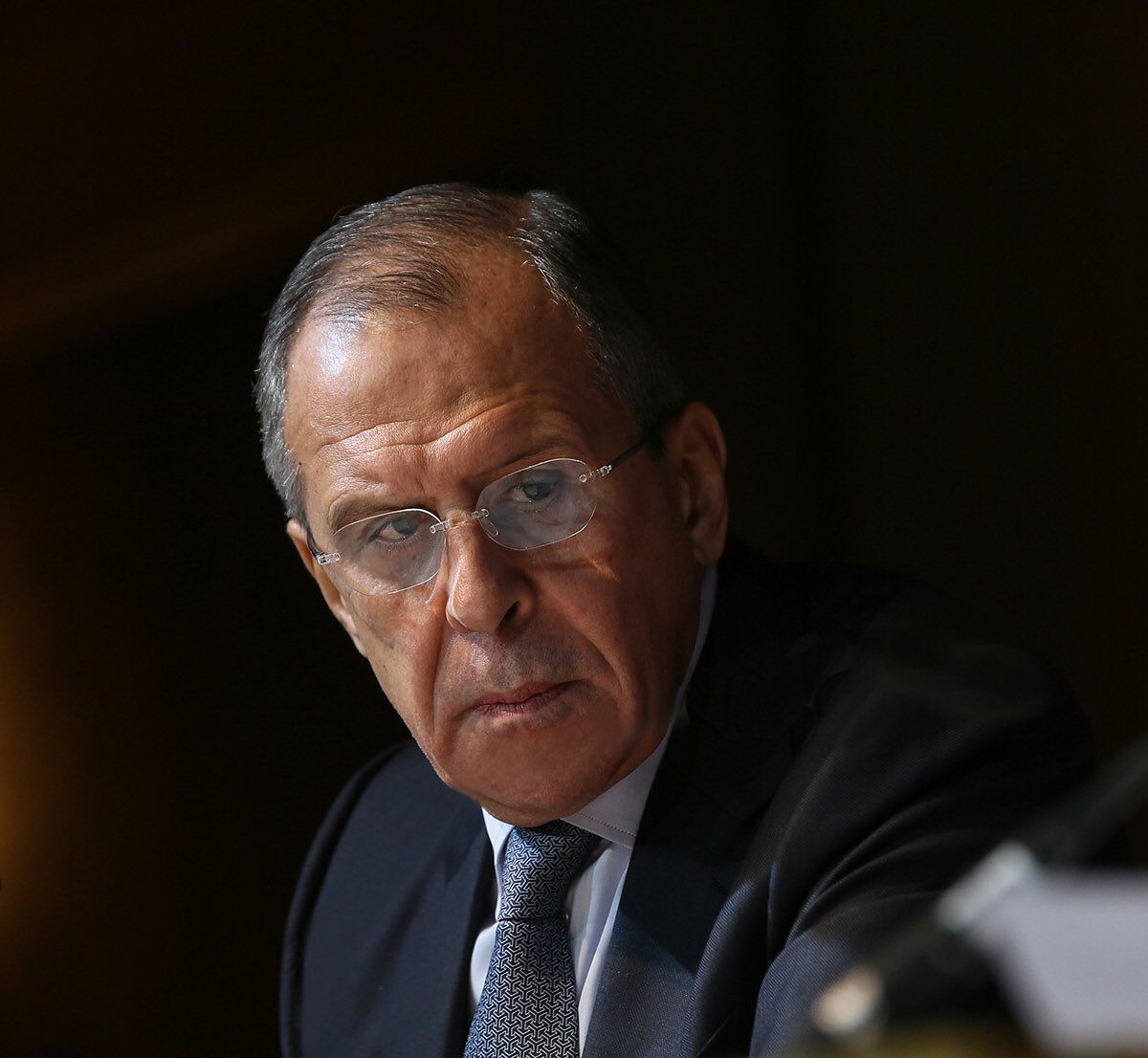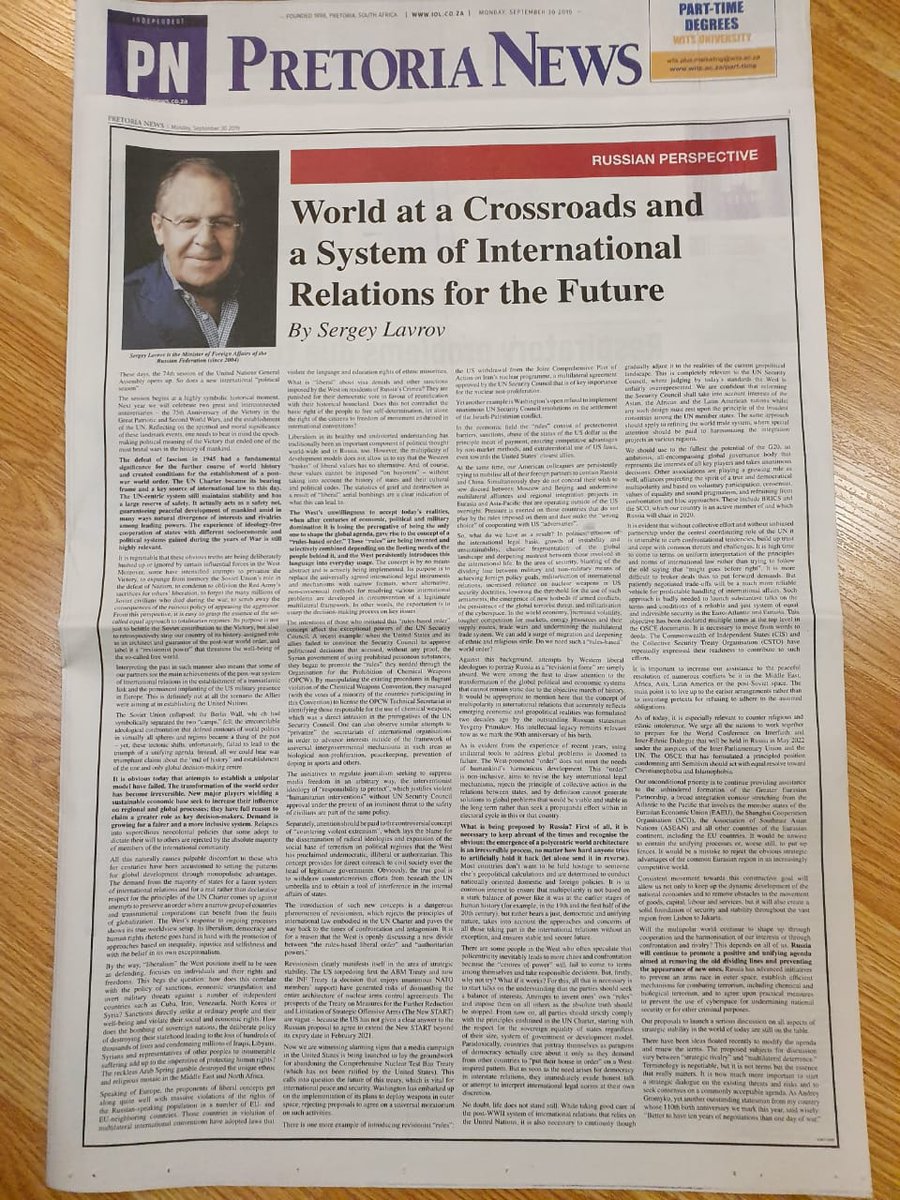angelburst29
The Living Force
Russian Foreign Minister Sergey Lavrov said that Russia's defense spending was less that $50 billion in 2018.
Lavrov says NATO's defense spending stood at around $1 trillion last year

MOSCOW, July 18, 3029 - NATO's military expenses stood at around $1 trillion in 2018, while Russia's defense spending was less than $50 billion, Russian Foreign Minister Sergey Lavrov said in an interview with German newspaper Rheinische Post.
"I want to note that periods of 'freezing relations' between Russia and NATO happened before — for instance, after the aggression of the Alliance against Yugoslavia in 1999, as well as after an armed adventure of Mikheil Saakashvili's regime in South Ossetia in 2008. Those crises were overcome," Lavrov said. "In 2002, a Patica di Mari Declaration was signed at a meeting in Rome about the new quality of cooperation, and the Russia-NATO Council was established. In 2010, the Lisbon summit of the Russia-NATO Council took place, where the task was set to take bilateral relations to the level of strategic partnership," he added.
However, the situation has changed, Lavrov noted. "Under the pressure from Washington which pursues its own geopolitical goals, NATO countries are conducting aggressive anti-Russian policies. Military spending is increased without any justification. In 2018, US spent over $700 billion on this, while NATO as a whole spent around $1 trillion, while Russia only spent less than $50 billion," the foreign minister said.
NATO is building up its military presence near Russia's borders, which increases risks of unintended incidents and leads to military-political escalation, Lavrov noted. "From the point of view of strengthening NATO's defense potential, the decisions to accept such countries as Montenegro and North Macedonia into its ranks seems absolutely illogical," he stressed.
"This is definitely not what is needed today for maintaining security and stability in Europe," Lavrov concluded.
Lavrov says NATO's defense spending stood at around $1 trillion last year

MOSCOW, July 18, 3029 - NATO's military expenses stood at around $1 trillion in 2018, while Russia's defense spending was less than $50 billion, Russian Foreign Minister Sergey Lavrov said in an interview with German newspaper Rheinische Post.
"I want to note that periods of 'freezing relations' between Russia and NATO happened before — for instance, after the aggression of the Alliance against Yugoslavia in 1999, as well as after an armed adventure of Mikheil Saakashvili's regime in South Ossetia in 2008. Those crises were overcome," Lavrov said. "In 2002, a Patica di Mari Declaration was signed at a meeting in Rome about the new quality of cooperation, and the Russia-NATO Council was established. In 2010, the Lisbon summit of the Russia-NATO Council took place, where the task was set to take bilateral relations to the level of strategic partnership," he added.
However, the situation has changed, Lavrov noted. "Under the pressure from Washington which pursues its own geopolitical goals, NATO countries are conducting aggressive anti-Russian policies. Military spending is increased without any justification. In 2018, US spent over $700 billion on this, while NATO as a whole spent around $1 trillion, while Russia only spent less than $50 billion," the foreign minister said.
NATO is building up its military presence near Russia's borders, which increases risks of unintended incidents and leads to military-political escalation, Lavrov noted. "From the point of view of strengthening NATO's defense potential, the decisions to accept such countries as Montenegro and North Macedonia into its ranks seems absolutely illogical," he stressed.
"This is definitely not what is needed today for maintaining security and stability in Europe," Lavrov concluded.




